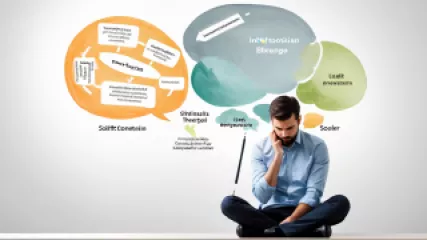What are the Benefits of Therapy for Schizophrenia?
1 year ago
Schizophrenia
5 Valuable Mindfulness Lessons from "The Minimalist"
1 year ago
Mindfulness in Daily Routines
10 Effective Schizophrenia Therapy Programs
1 year ago
Schizophrenia
Easy Anxiety Relief Exercises for Immediate Calm
1 year ago
Anxiety Relief Exercises
Insights from 'The Handmaid's Tale': Challenging Gender Roles in Society
1 year ago
Gender Roles in Society
The Ultimate Guide to Divorce Counseling
1 year ago
Divorce Counseling
Reducing Environmental Anxiety: A Research Summary
1 year ago
Reducing Environmental Anxiety
The 10 Attachment Styles That Influence Your Relationships
1 year ago
Attachment Styles
How to Incorporate Drama Therapy Activities into Your Mental Health Routine
1 year ago
Drama Therapy
Exploring Gender Roles in Society: What Defines Masculinity and Femininity?
1 year ago
Gender Roles in Society
Overcoming Environmental Anxiety: A Practical Guide
1 year ago
Reducing Environmental Anxiety
How to Find the Best Online Mindfulness Meditation Resources
1 year ago
Mindfulness Meditation
Effective Conflict Management Training Strategies
1 year ago
Conflict Management
The Importance of Self-Care in Coaching
1 year ago
Self Care















